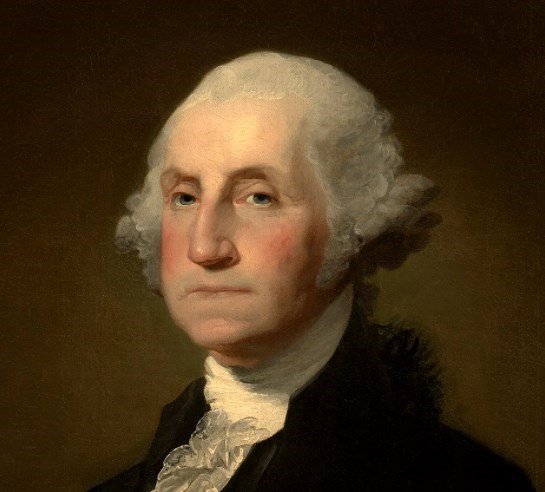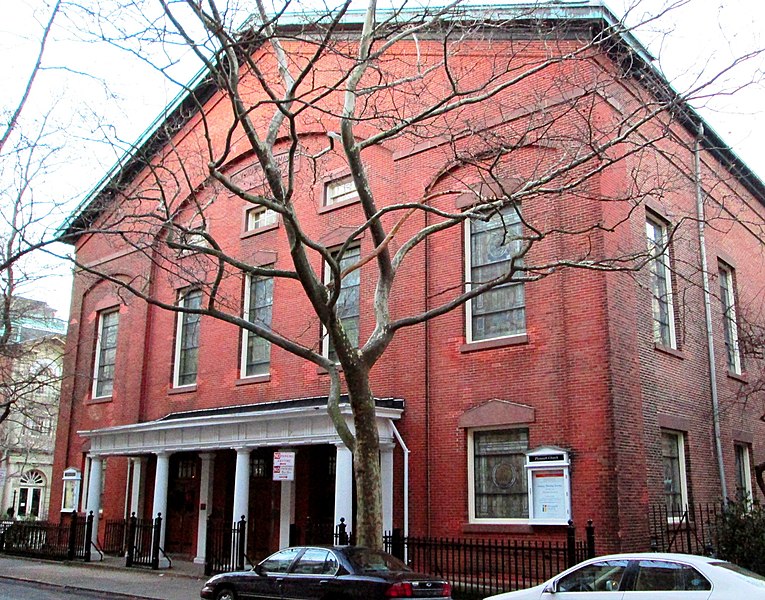It is believed that the source of New York’s moniker as “The Empire State” is from a 1785 letter from George Washington to the City of New York. Mayor James Duane sent Washington “an Address of the City, and the freedom thereof in a very handsome golden Box.”
Subsequently, this is the letter that Washington wrote “To The Honble the Mayor, Recorder, Alderman & Commonalty of the City of New York:”
Gentlemen, I receive your Address, and the freedom of the City with which you have been pleased to present me in a golden Box, with the sensibility and gratitude which such distinguished honors have a claim to. The flattering expression of both, stamps value on the Acts; & call for stronger language than I am master of, to convey my sense of the obligation in adequate terms.
To have had the good fortune amidst the viscissitudes of a long and arduous contest ‘never to have known a moment when I did not possess the confidence and esteem of my Country.’ And that my conduct should have met the approbation, and obtained the Affectionate regard of the State of New York (where difficulties were numerous & complicated) may be ascribed more to the effect of divine wisdom, which had disposed the minds of the people, harrassed on all sides, to make allowances for the embarrassments of my situation, whilst with fortitude & patience they sustained the loss of their Capitol, and a valuable part of their territory—and to the liberal sentiments, and great exertion of her virtuous Citizens, than to any merit of mine.
The reflection of these things now, after the many hours of anxious sollicitude which all of us have had, is as pleasing, as our embarrassments at the moments we encountered them, were distressing—and must console us for past sufferings & perplexities. “I pray that Heaven may bestow its choicest blessings on your City—That the devastations of War, in which you found it, may soon be without a trace—That a well regulated & benificial Commerce may enrichen your Citizens. And that, your State (at present the Seat of the Empire) may set such examples of Wisdom & liberality, as shall have a tendency to strengthen & give permanency to the Union at home—and credit & respectability to it abroad. The accomplishment whereof is a remaining wish, & the primary object of all my desires (1)
George Washington, “From George Washington to James Duane, 10 April 1785,” Note 1, National Archives Founders Online, last accessed January 6, 2022, https://founders.archives.gov/documents/Washington/04-02-02-0347.











